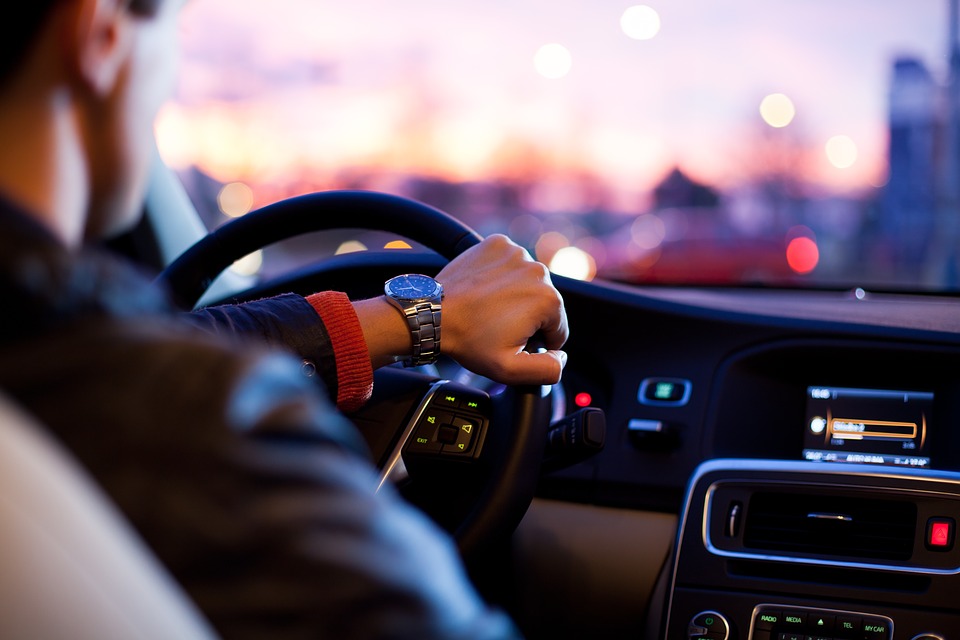As many families take vacations this summer after a year indoors, parents have to set some ground rules to avoid a situation where their kids become “backseat drivers.”
A survey of 2.000 parents with teenagers finds 3 in 10 participants believe their teen is the family’s backseat driver. Only 23% had the same opinion on their partner.
Signs of a backseat driver
The poll also analyzed the added pressure that backseat drivers can mount on travel and the actual driver behind the wheel, especially when a parent is a passenger. Complaining that you are too slow (37%), white-knuckling the dashboard (36%), and giving unsolicited opinions on where you should turn (49%) are top signs that the backseat driver is among you.
More than 7 in 10 Americans (73%) said that at least one member of their immediate family is a backseat driver. The study also finds that two-thirds of the participants have either taught their child how to drive or are currently teaching them traffic rules. Among these parents, 80% admit that they turn into backseat drivers when their children are behind the wheel.
OnePoll surveyed on behalf of Smith Micro Software. It further examined how parents feel about allowing their children to roam the open roads independently for the first time. A surprising 62% said they were uncomfortable when their teen went driving without adult supervision. Most concerns were around tech, with about 70% of the parents saying that modern teens are most likely to cause an accident because of smartphones.
The results revealed that half of the ‘distracted’ driving behaviors parents are concerned about is phone-related. William W. Smith Jr, President, and CEO of Smith Micro, remark that this is further proof of smartphone distracted driving and the resulting accidents as a widespread safety problem in modern society.
Dangerous behaviors behind the wheel
A fifth (21%) of parents consider using a smartphone the most dangerous driving behavior. An additional 16% say that talking on the phone and texting (13%) are the riskiest behaviors. Another 13% also cited driving with friends in the car as a dangerous distraction for teenagers.


